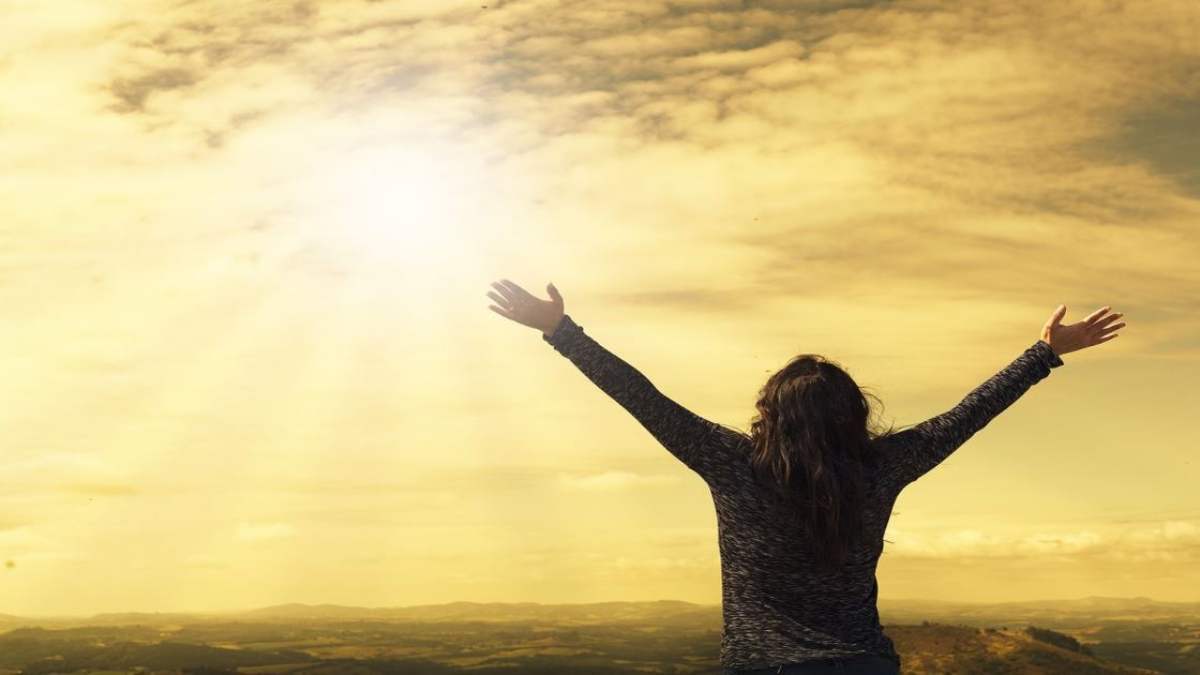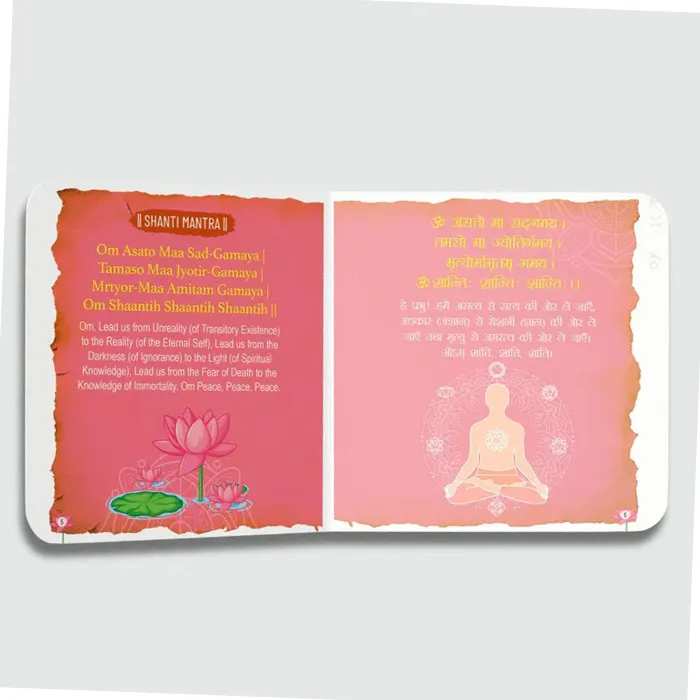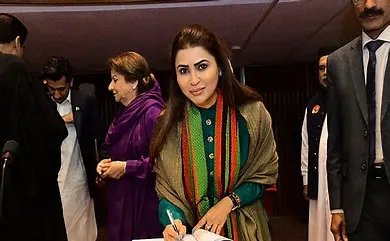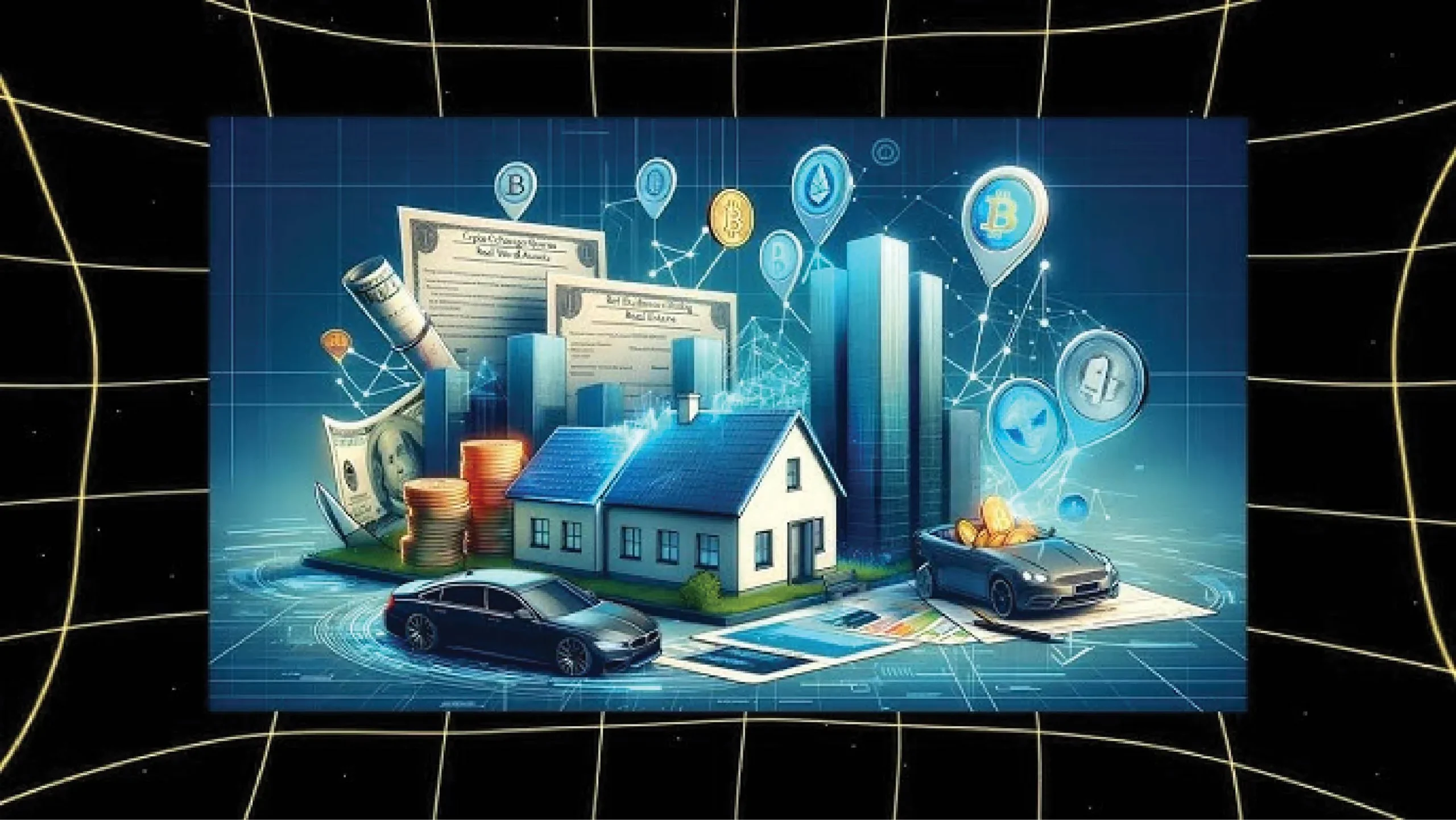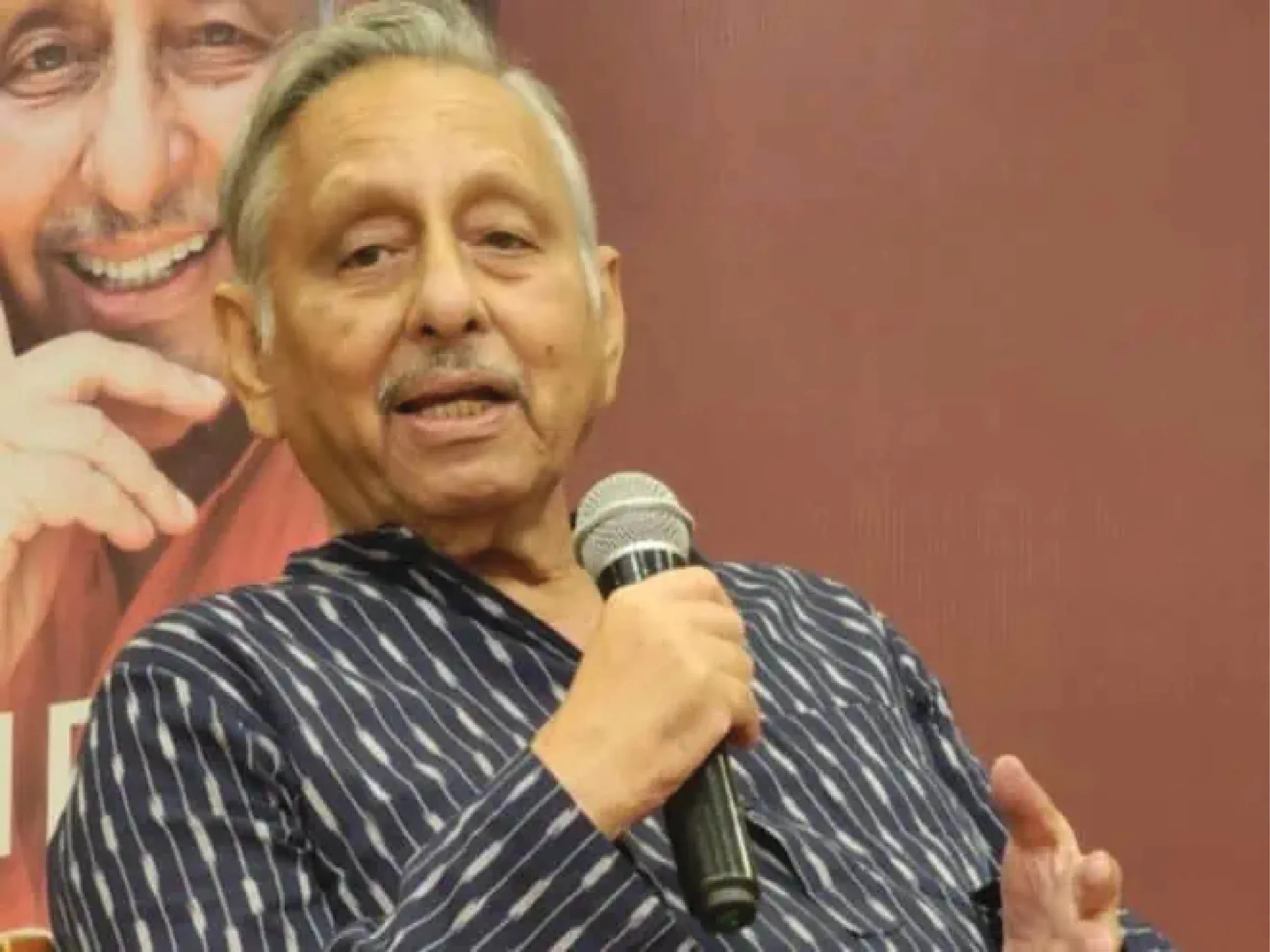A spiritual life reduces neediness for wealth, material possessions and external validation. As inner contentment grows, we move towards a simpler way of living. We discover fulfilment has nothing to do with what we have – it’s all about who we are.
Consuming less, we waste less. It becomes a virtuous circle: As we begin to live more sustainably, cherishing the earth and respecting all forms of life, we harmonize with the world around us and stop hankering after external props.
A sort of personal environmental impact assessment reveals that, with thoughtfulness and planning, we can choose a new way of living and start “walking the talk”. Be assured that, cumulatively, lots of small steps add up to a major contribution to shifting the current prevalence of overconsumption and waste of resources: If many of us join in the effort, we reach critical mass.
Some practical steps:
Adopt a vegetarian – or, even better, a vegan, diet. Enjoy the flavours, variety and richness of what the plant world has to offer, and be creative – it’s a journey of discovery. If going vegan, beware the pitfalls; for example, soya may have been produced unsustainably.
Buy locally produced, seasonal foods to reduce your carbon footprint. Look for organic to avoid the damaging impact of industrial agriculture. Choose fresh and unprocessed to limit the chemical additives in your diet, boost your health and get that glow!
Avoid waste as much as you can. Globally, up to a third of food is wasted through poor transport or storage, overzealous application of “best before” rules, and consumer carelessness.
Conserve water. The UN Environment Programme estimates that, by 2025, two out of three people in the world will live in water-stressed areas. Among our most precious resources, fresh water is under immense pressure from over-exploitation and pollution.
Buy sustainable clothing. The production of textiles and clothing has become increasingly unsustainable with the growth of “fast fashion.” By informing yourself, buying mindfully, and re-/up-cycling the clothes you already have, you can make a difference.
Give “disposable” a wide berth. One estimate is that, by 2050, there could be more plastic than fish in the seas. Plastic particles have reached the deepest oceans, and they are inside our bodies. Take your own cloth or net bags to the shops and refuse plastic; buy a reusable cup for takeout drinks; use your purchasing power to push for change in product packaging. Glass can be recycled endlessly; many plastics are harder to recycle.
Feed the soul. The capacity to be true to our principles comes from regular meditation. Withdrawing to our inner space of silence and peace, we reconnect with God, gaining the wisdom and strength to face challenges and effect change.
And pass the message on: Educate children and encourage them to join in; reach out to family and friends; join local campaigns to make a difference. It all adds up.
Sylvia Ismail is a writer and editor with a background in public affairs, radio broadcasting and journalism.

